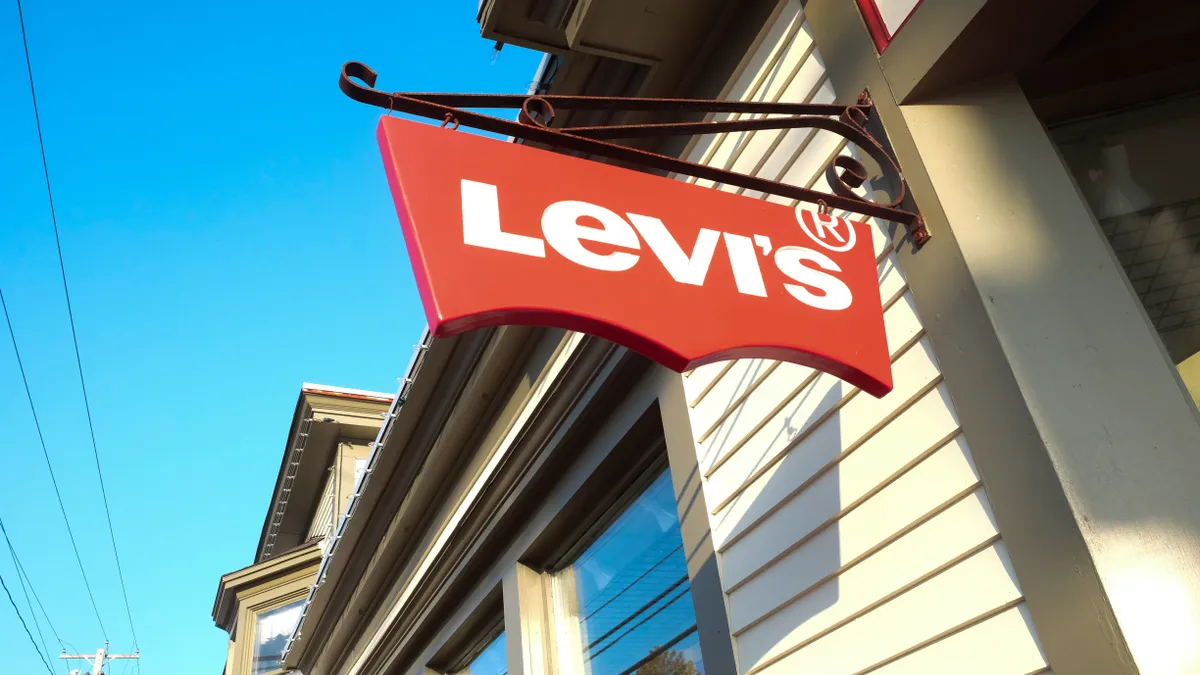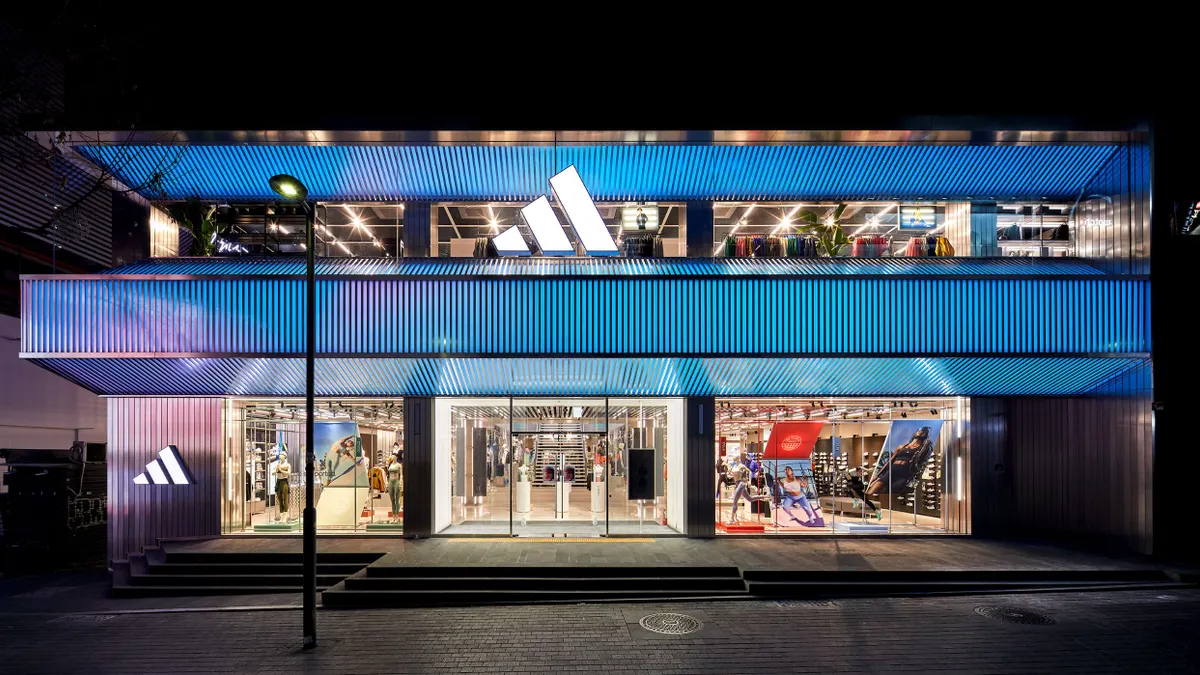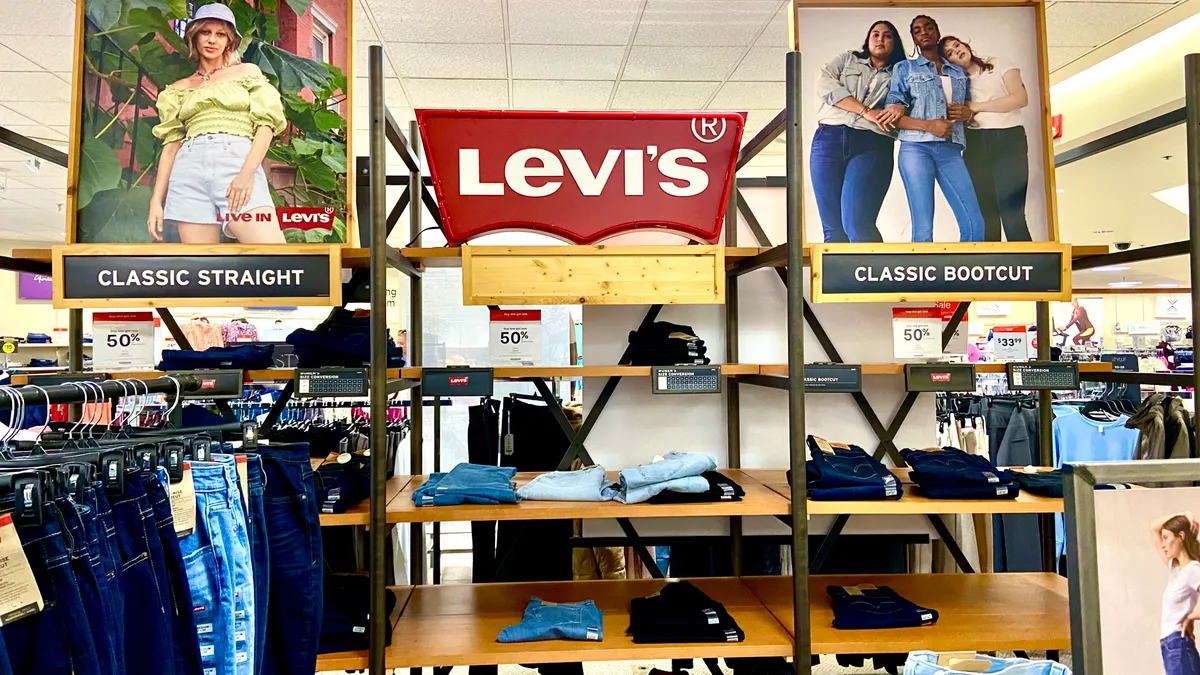Birchbox, an online beauty subscription service, has seen great success in creating a new sales model for beauty products, re-creating the department-store cosmetics counter in peoples’ homes by delivering a range of samples customers can try out and later repurchase.
Now four years old, Birchbox has built its customer base to more than 1 million people and spawned imitators such as GlossyBox, Ipsy, and Blissmo, plus subscription sellers that deliver razors, pet supplies, and other items directly to consumers’ front doors.
But while the company does make every attempt to convert sample subscribers to full-size SKUs of their favorite products online, Birchbox is also growing the market for existing beauty retailers such as Ulta and Sephora—ostensibly competitors.
“Presumably they may help drive traffic to other stores,” Forrester Research channel strategy analyst Sucharita Mulpuru-Kodali told Retail Dive. “If you try something and love it, wouldn’t that drive you to whatever store has the product?”
Expanding the marketplace
A study from Silicon Valley-based research firm Slice Intelligence confirms that Birchbox isn’t the only retailer benefiting from its sampling. While shoppers spend 38% more online with Birchbox after signing up for monthly $10 sample boxes, the study says, boutique beauty brand Sephora also gets a 5% boost in spending, and Ulta gains 6%.
Birchbox just takes the initial trip out of the equation for the Internet era.
“They’re basically removing the traditional barrier in online shopping: You couldn’t try before you buy,” Kanishka Agarwal, Slice’s chief data officer told Bloomberg. “But guess what? Now you can. And they’re driving up actual purchases.”
Prior to the Internet, beauty shoppers got their samples and testers in department-store counters staffed by representatives of the major brands. And since skin tones and beauty goals vary, the category continues to reward in-store visits for department stores and brands such as MAC, Sephora, and Shiseido, whose e-commerce sites lag in-person sales.
Only Birchbox has been able to lift all boats. “We’re taking people who weren’t even considering going into these stores as a part of a leisurely day, and making them into people who could become browsers and shoppers,” Birchbox co-founder and CEO Katia Beauchamp told Fortune. “And she absolutely spends more on beauty as a result of Birchbox.”
Growing the experience
But Birchbox’s next challenge is to make itself the go-to for reorders. The company’s own research shows that many customers buy full-sized containers of the products they like elsewhere; only about 35% of sales comes from reorders of sampled products.
Only about half of Birchbox’s 1 million subscribers buy additional SKUs regularly on Birchbox.com. And while a loyalty program offers referral bonuses and substantial rewards to encourage future purchases, Birchbox is also looking to brick-and-mortar to build its brand.
Unlike other retailers to make the jump from online-only to brick-and-mortar such as Warby Parker and Bonobos, the first Birchbox store is more than a showroom that only allows customers to try on product. More like an Apple Store, it’s a brand experience that immerses customers in as much Birchbox expertise as it does partners’ products.
The SoHo location offers 4,500 square feet of salon services, personal consultations, how-to seminars on makeup and beauty, a “Try Bar,” 2,000 products for purchase, and the option to build one’s own box in-store for just $15.
But at least at the outset, Birchbox is unlikely to steal sales from any competitor’s brick-and-mortar location that isn’t within a couple of blocks.
“When the footprint is that limited, it’s unlikely to have much of an impact on anything else,” Mulpuru-Kodali said.
This month, the brand is staging pop-up shops in Atlanta, Chicago, and Los Angeles, promising the two cities that garner the highest in-person turnout a permanent Birchbox location in 2016. The company has also partnered with Gap Inc. to launch Birchbox pop-ups inside seven stores in New York, Chicago, Houston, Los Angeles, and San Francisco, and is ramping up advertising to make itself the recognized name in at-home trial.
“You have to believe that when you’re growing the market, everybody benefits from it,” Beauchamp told Bloomberg. “But don’t get me wrong: We’re really focused on how to keep that revenue coming back to Birchbox.”




















